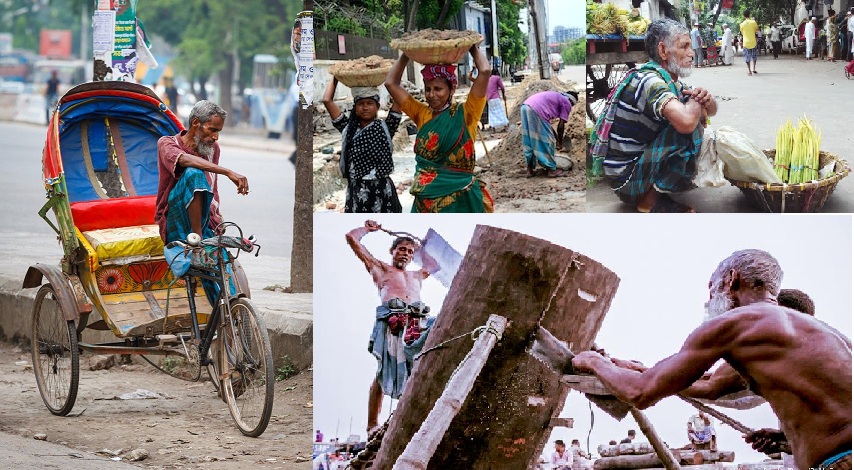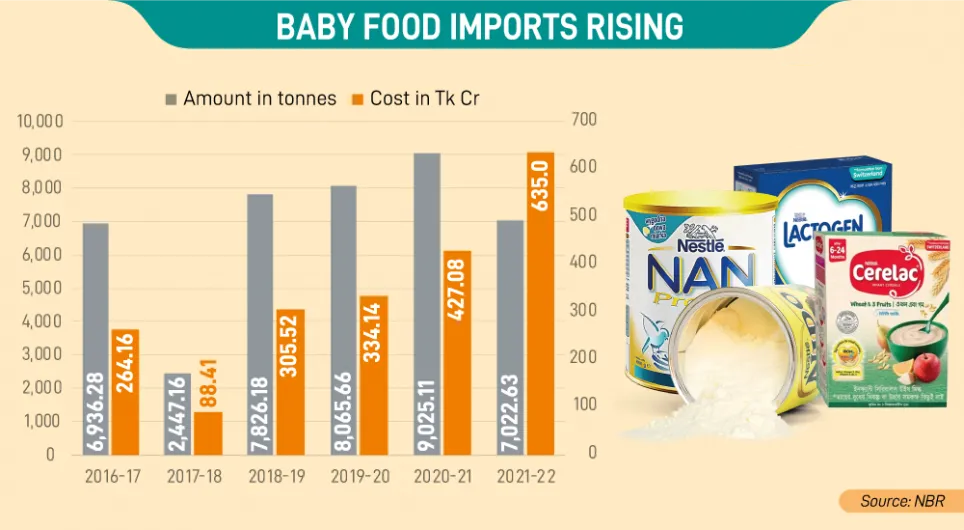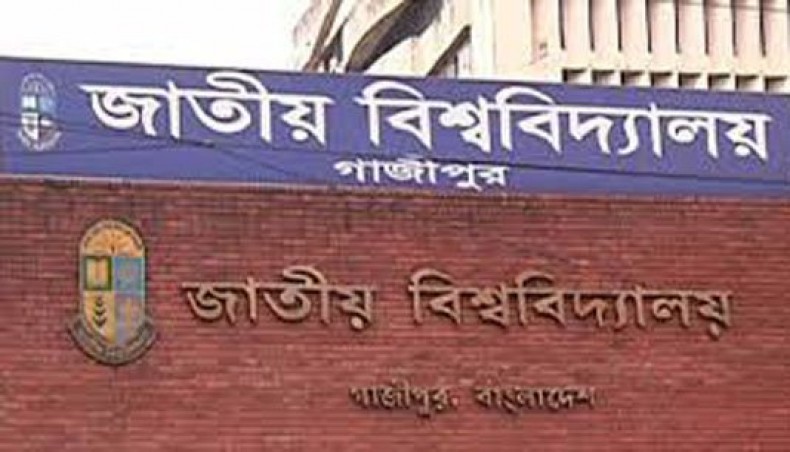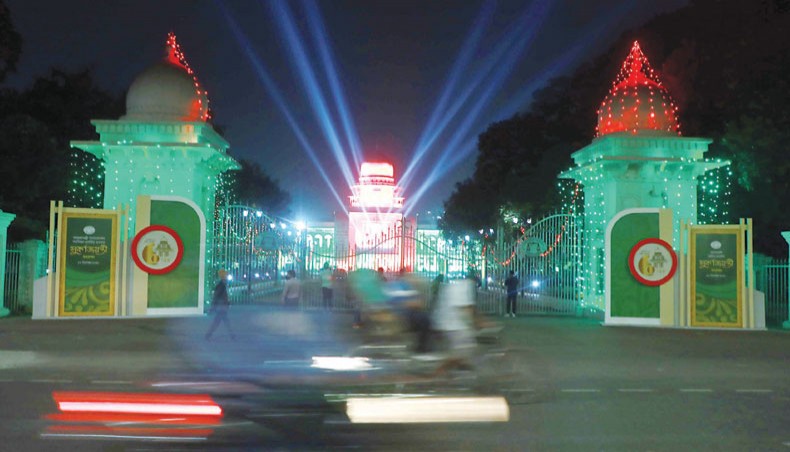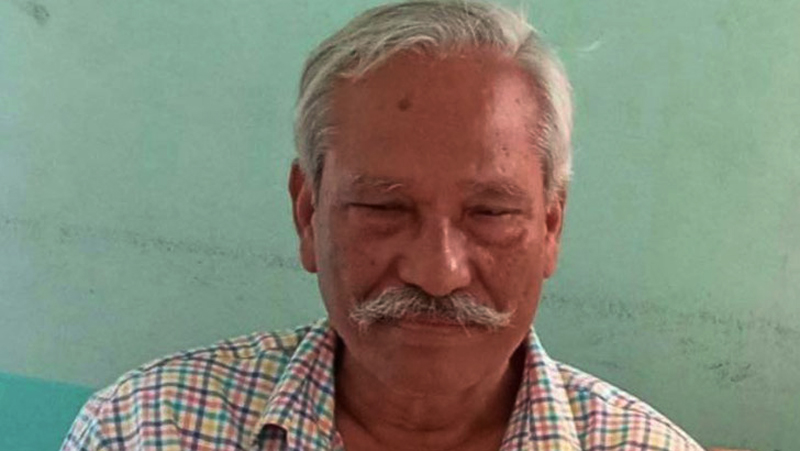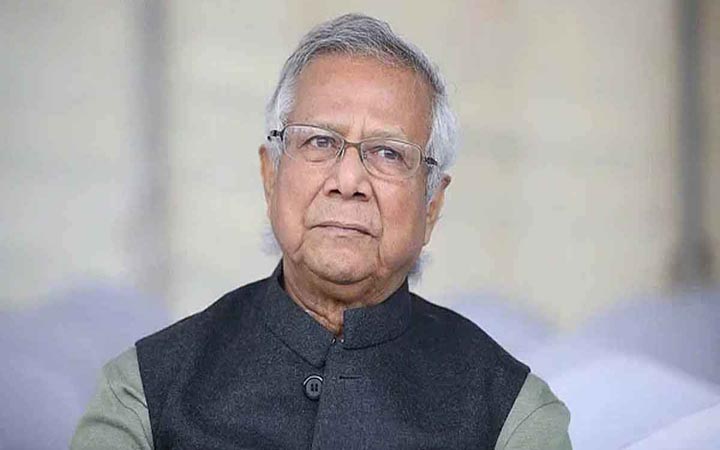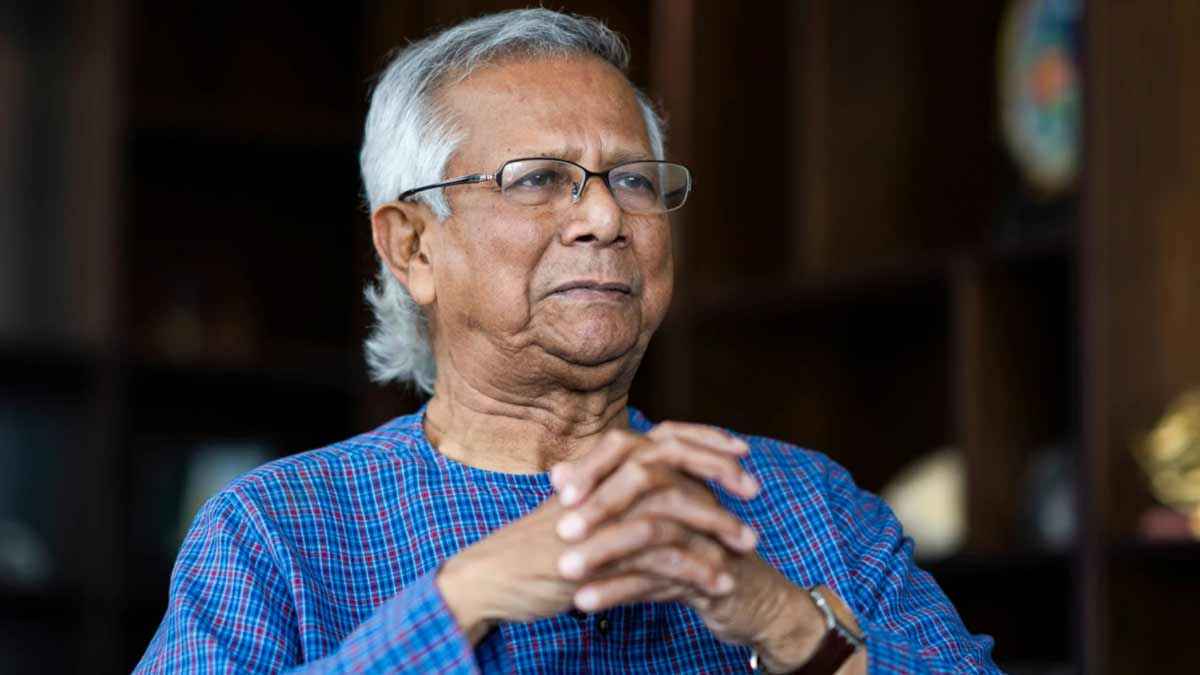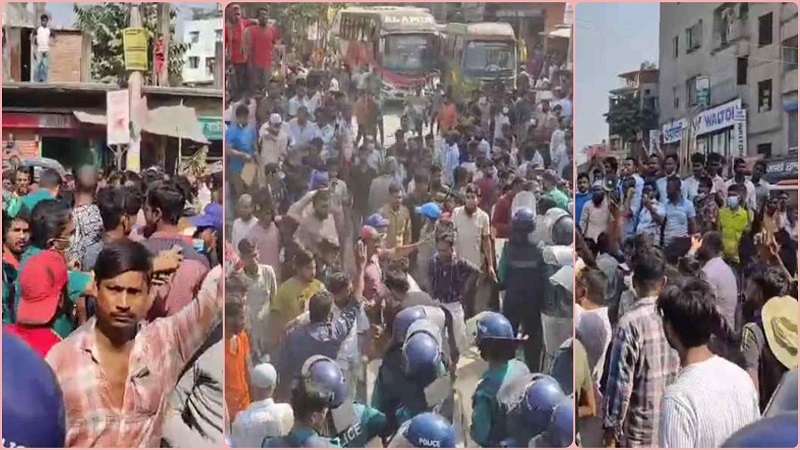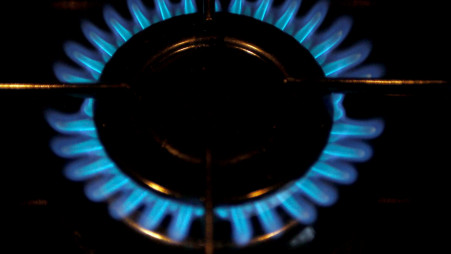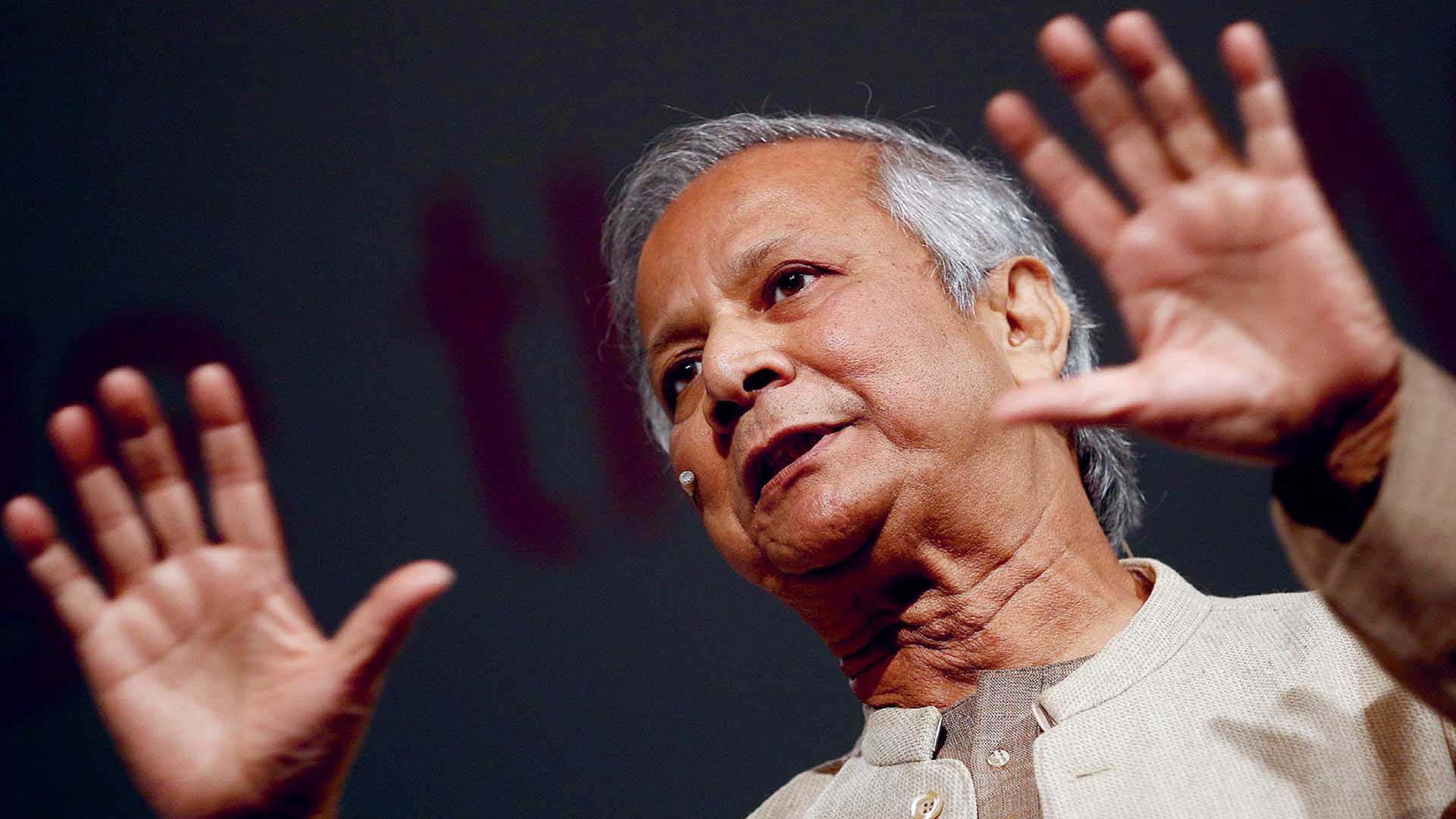Due to the effect of Covid-19, poor people have become even poorer, and unemployment has reduced the income of 98.3 percent of the poor, which has put their livelihood in crisis. According to a study, 87 percent of the poor are facing a food and nutrition shortage one way or another.
The data came on Thursday from the results of a survey conducted by the Right to Food, titled "The Impact of Covid-19 on Food and Nutrition for Poor People".
Dr Nazneen Ahmed, a senior research fellow at the Bangladesh Institute of Development Studies presented the survey data and recommendations at the online event.
The survey was conducted on 834 low-income people across the country, who are mainly rickshaw pullers, hawkers, daily labourers, labourers, street tea shop workers, small car drivers and farmers on a daily wage.
Nazneen Ahmed said the income of those who took part in the survey has decreased by 48.9 percent. About 14 percent of them have no income at all and 18.6 percent are not getting any job.
The people of this class work at a very low level and are not able to change their professions. According to the survey, only 6.6 percent have changed their jobs, but 93.4 percent of them are not able to move to any other work.
According to the survey, 98.9 percent of the poor are unable to afford three meals a day. Of these, 42.6 percent have a shortage of food and 44.5 percent are in dire need of nutritious food. The problem is more prominent among the people of the Rangpur and Rajshahi regions.
Nazneen Ahmed said that less than half of those surveyed had received emergency assistance. Out of this half, 52.9 percent received government assistance and 47.2 percent received private assistance.
Centre for Policy Dialogue (CPD) research director Khandaker Golam Moazzem said, "These poor people are not getting the opportunity to change their profession as they are in the profession of the lower label. There is no way they will continue to borrow because whoever he borrows from is also in crisis now."
The researcher blamed the lack of a comprehensive database for the lack of food aid. "Since the government has shortcomings on cooperating with everyone, if there is a database the government can take action according to who should be given priority," he said.
Mentioning the limitations of the government, the secretary of the Ministry of Food Mosammat Nazmanara Khanum said, "The progress we were talking about in the overall development of the country before Covid-19, has been hampered."
The needs of low-income and marginalised people cannot be met with this food aid alone because rice and flour alone do not meet all their needs. So, the government is also providing financial assistance, she added.
She also said the government was working to create a transparent database so that the aid reaches everyone properly.
Right to Food and PKSF Chairman Kazi Khaliquzzaman Ahmed said the government should increase aid to the poor. In this case, the private sector and NGOs should also be involved.
"During this epidemic, we must have noticed how important it is to have laws to ensure the right to food. People cannot make legal claims for food as it is not mentioned in the constitution in the form of 'rights'," he added.


